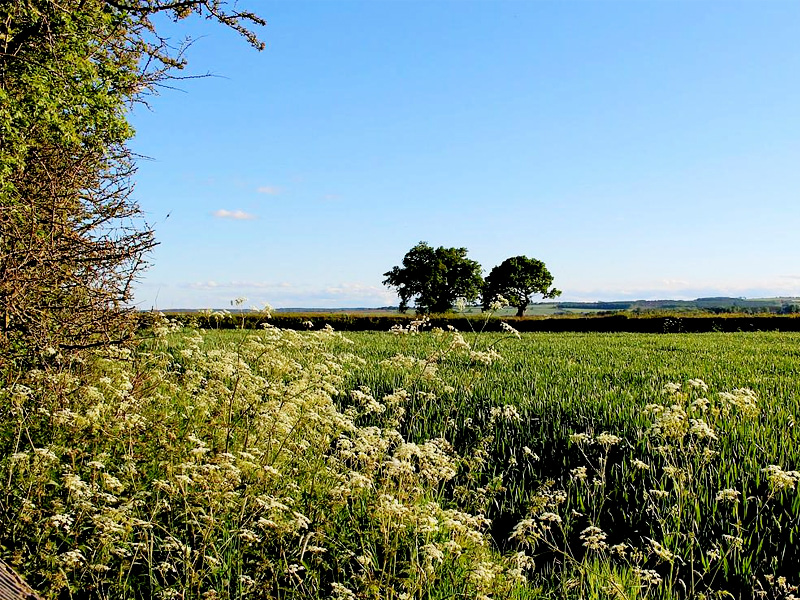The UK government has recently introduced significant changes to planning regulations, offering new opportunities to farmers under Permitted Development (PD) rights.
These changes are part of an ongoing effort to support the agricultural sector, promote rural development, and facilitate diversification. The adjustments allow farmers to adapt their land and buildings for new uses more easily, potentially providing new revenue opportunities and sustainability. Here, we consider what these changes entail and the opportunities they present.
What Are Permitted Development (PD) Rights?
Permitted Development rights allow landowners to carry out specific work without the need for full planning permission. These rights cover a wide range of activities, such as the construction or conversion of buildings and changes in land use. They offer a streamlined process, saving time and money for farmers looking to diversify their operations or modernize their farming practices.
Recent Changes to PD Rights for Farmers
The UK government has recently expanded PD rights specifically for agricultural land and buildings. The aim is to reduce bureaucratic barriers and help farmers respond more flexibly to economic and environmental pressures.
Class Q – Conversion of Agricultural Buildings to Residential Use
Class Q allows the conversion of agricultural buildings into residential properties. The recent amendments have increased the size limit for conversions, allowing farmers to convert up to 865 square meters into a maximum of five dwellings. This change allows farmers to repurpose old or underutilized barns into housing, generating rental income or providing accommodation for family or workers.
Class R – Agricultural Buildings to Flexible Commercial Use
Class R permits the conversion of agricultural buildings into commercial spaces, such as offices, shops, cafés, or storage facilities. Recent reforms have expanded the types of businesses that can operate within these converted spaces. This presents an exciting opportunity for farmers to diversify their income by leasing out parts of their property to local businesses or starting new enterprises themselves.
Class S – Conversion to Schools or Nurseries
Under Class S, farmers can now convert agricultural buildings into schools or nurseries. With the growing demand for local educational facilities in rural areas, this change opens up new revenue streams and community-enhancing opportunities.
Class A – Agricultural Buildings Extensions and Alterations
This class of PD rights permits the extension or alteration of agricultural buildings without needing planning permission as long as certain conditions are met. Recent changes have increased the allowable size for new agricultural buildings and extensions, helping farmers upgrade their infrastructure to meet modern standards or expand their farming operations.
Temporary Campsites and Recreational Activities
Another recent addition to PD rights allows landowners to use their land for temporary campsites for up to 56 days a year (up from 28 days). This change and relaxed rules on outdoor recreational events offer a new opportunity for farmers to tap into the booming staycation market. Hosting pop-up campsites, glamping sites, or outdoor events can generate additional income, particularly during summer.
Conditions and Considerations
While these changes offer new freedoms and opportunities, there are still important conditions and considerations to bear in mind:
Prior Approval: Some PD rights still require prior approval from the local authority, particularly concerning transport impacts, noise, flood risk, and design. Ensuring compliance with these criteria is essential before starting any project.
Environmental Impact: Projects must also align with environmental regulations. For example, farmers must ensure that building conversions or new structures do not negatively impact local wildlife or the surrounding ecosystem.
Planning Restrictions: In some areas, such as National Parks or Areas of Outstanding Natural Beauty (AONBs), planning restrictions may still apply. Farmers should check whether additional permissions are needed.
If you’re considering taking advantage of your extended Permitted Development rights and need help or advice, please don’t hesitate to call Ray Phillips on 01522 696496, email ray@walters-rural.com




